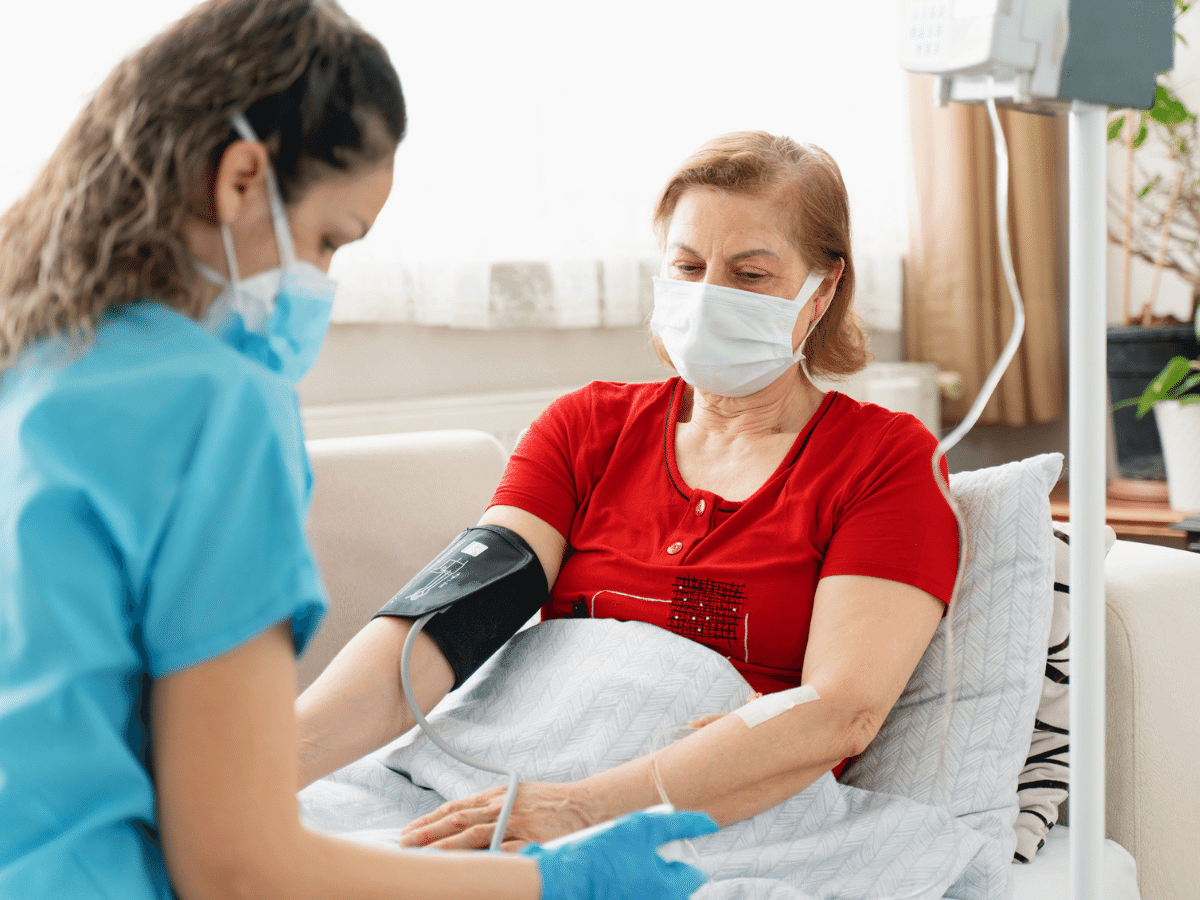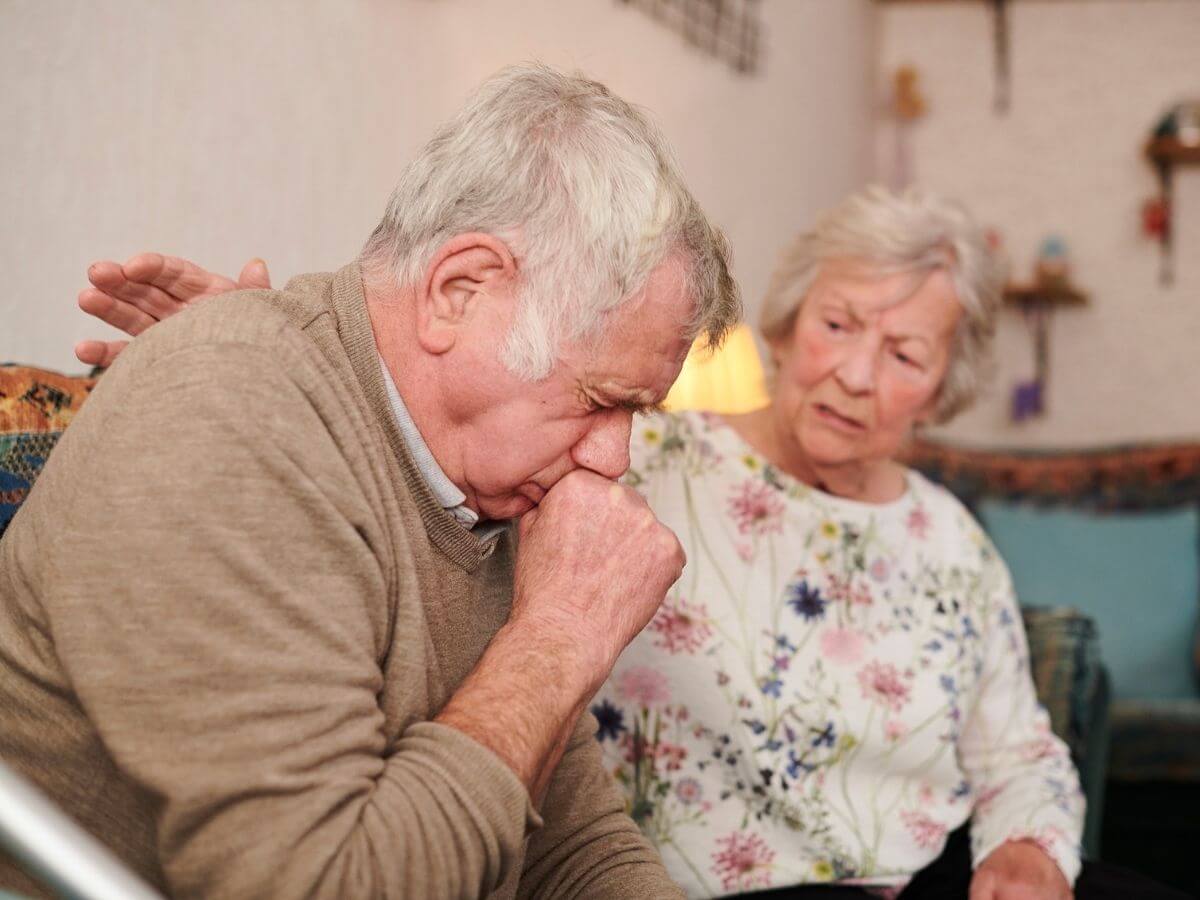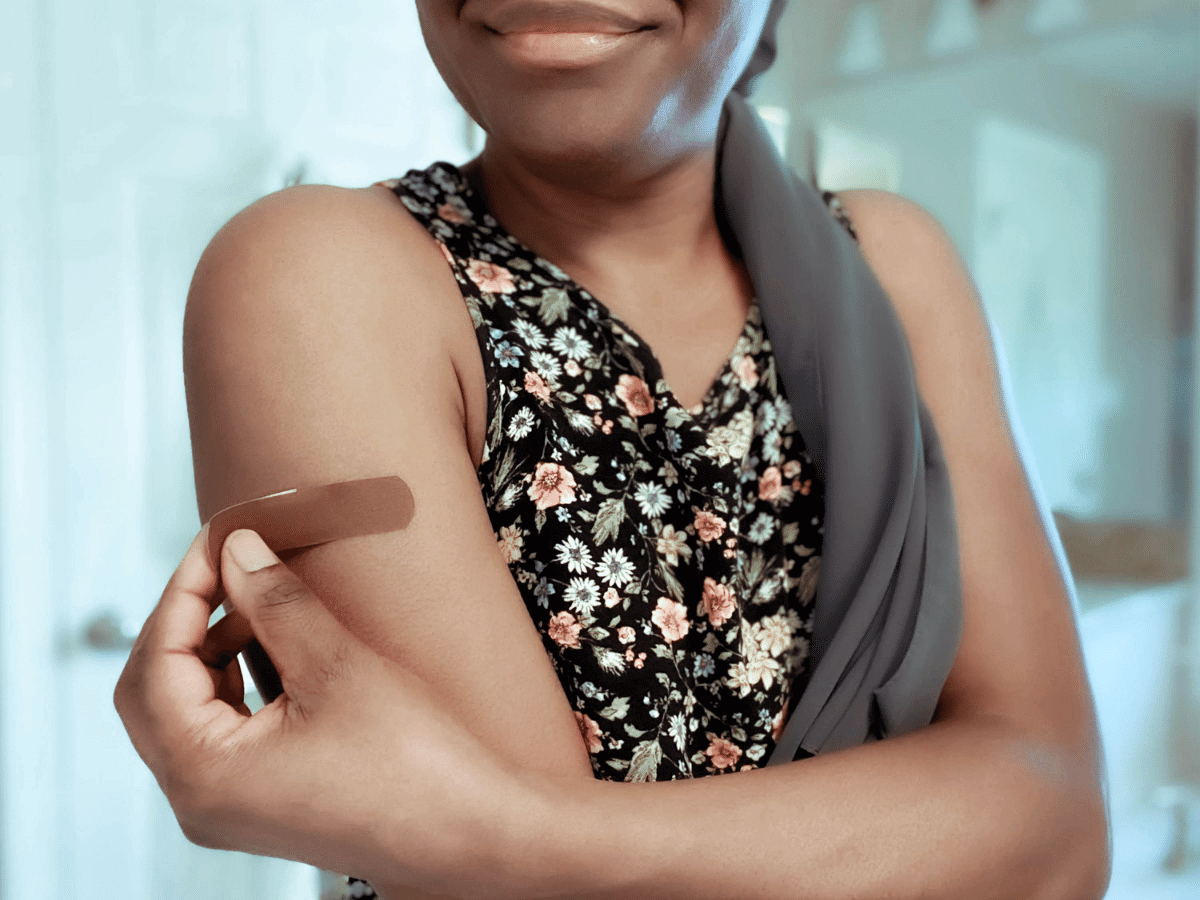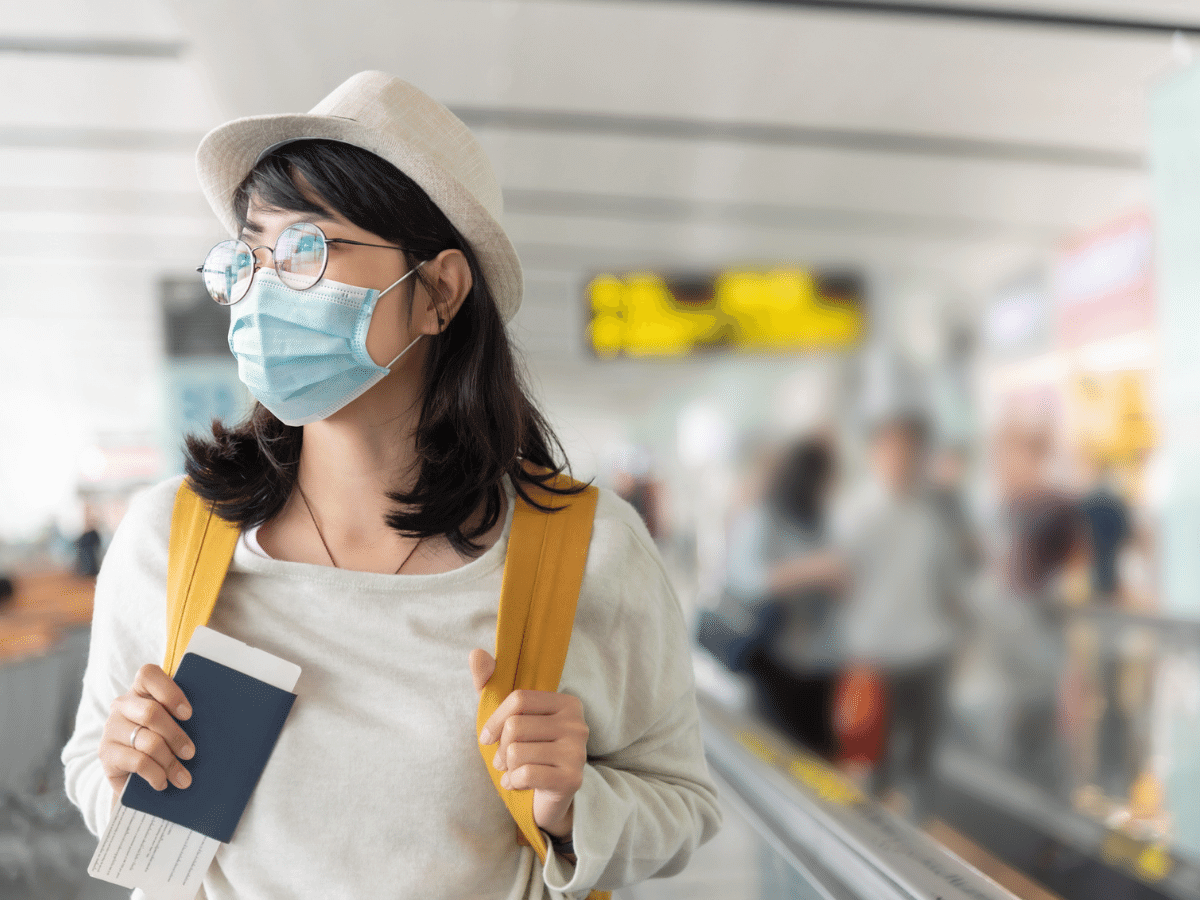What Is Monoclonal Antibody Treatment for COVID-19?

OMICRON VARIANT UPDATE:
Two of the three monoclonal antibodies FDA-authorized for COVID-19 in the United States, REGEN-COV and bam/ete, are ineffective against the Omicron variant. As such, new shipments of REGEN-COV and bam/ete to Kentucky have ended as of January 3, 2022. The third FDA-authorized monoclonal antibody, sotrovimab, is available nationwide in only very limited quantities. Unless sotrovimab supplies increase and/or new monoclonal antibodies effective against the Omicron variant are released, supplies in Kentucky will be extremely limited and many treatment locations will not have monoclonal antibodies to offer at their sites. We urge all eligible persons 5 and older to get vaccinated and/or boosted with a Moderna or Pfizer mRNA COVID-19 vaccine to prevent serious and/or life-threatening COVID-19 disease.
Monoclonal antibody treatment (or monoclonal antibody therapy) for COVID-19 is a treatment that’s available to certain patients based on factors like duration of symptoms, age, and health history. This treatment isn’t a substitute for vaccination, but it can help prevent severe symptoms in patients who meet the criteria for receiving it.
Regeneron’s treatment, called REGN-COV2, is a combination of two types of monoclonal antibodies.
How Does Monoclonal Antibody Treatment Work?
Monoclonal antibodies are similar to the ones your body produces naturally to fight infections. But the antibodies used in this treatment are mass-produced and designed to recognize a specific characteristic of the virus that causes COVID-19 — a “spike protein” on its outer shell. The virus uses this structure to attach to human cells.
Monoclonal antibodies attach to the spike protein to make it difficult for the virus to attach to and get inside healthy cells. The treatment is intended to assist the body’s immune system while it gets prepared to fight the virus with its antibodies.
Don’t take a chance with your health.
Getting the COVID-19 vaccine is the best way to prevent COVID-19 infection and end the pandemic. The vaccine cannot give you COVID-19, but it can help protect you from serious illness. Learn more about the COVID-19 vaccine and make a first, third, or booster vaccination appointment at a location near you.
Who Can Get Monoclonal Antibody Treatment?
The guidelines for who can receive monoclonal antibody treatment are likely to evolve as more data on their use is gathered and reviewed. Consequently, your Baptist Health doctor is the best source of up-to-date information.
But, generally speaking, the therapy is available to people who:
- Are at high risk of developing a severe case of COVID-19.
- Have recently tested positive for the virus.
- Haven’t been admitted to the hospital.
- Are 12 years old or older and meet minimum weight requirements.
The treatment typically isn’t given to patients who don’t meet the requirements above or who:
- Are allergic to any of its ingredients.
- Are receiving oxygen therapy due to COVID-19.
- Were previously receiving oxygen therapy for another condition and have had to increase their flow rate.
Monoclonal antibody treatments should be given as soon as possible after a patient testing positive for COVID-19. That’s true even if the person isn’t experiencing symptoms yet.
How Effective Is Monoclonal Antibody Treatment?
Clinical trials have shown that monoclonal antibody treatment can reduce the amount of virus in the blood of someone who has contracted COVID-19. The therapy has also been shown to decrease emergency room visits and hospitalizations.
Studies continue on monoclonal antibody treatments. For example, it’s not yet known if monoclonal antibodies help the body fight future COVID-19 infections.
Save Time and Start Your COVID-19 Test Online
If you’re experiencing COVID-19 symptoms or had been exposed to COVID-19, Baptist Health is able to see you virtually, diagnose and order a COVID-19 test to the urgent care closest to you. Learn more and get started now.
How Is Monoclonal Antibody Treatment Given?
Monoclonal antibody treatments are given as an intravenous (IV) infusion in an outpatient setting — meaning you don’t stay overnight. The infusion takes approximately an hour to administer and is followed by an hour of monitoring and observation.
Monoclonal antibody treatments can also be administered subcutaneously. A subcutaneous injection is a method of administering medication. In this type of injection, a short needle is used to inject a drug into the tissue layer between the skin and the muscle. Medication given this way is usually absorbed more slowly than if injected into a vein, sometimes over a period of 24 hours.
As with many types of treatment, it’s possible to have an allergic reaction to monoclonal antibody therapy. Typically, this occurs during or soon after the infusion is performed, but a delayed reaction is also possible. Contact your doctor right away if you’ve recently had antibody therapy and experience any of the following signs of an allergic reaction:
- Nausea
- Headache
- Fever or chills
- Trouble breathing or shortness of breath
- Wheezing
- Muscle aches
- Itchiness or hives
- Low blood pressure
- Swelling of your throat, lips, or face
Learn More About Monoclonal Antibody Treatment at Baptist Health
Again, monoclonal antibody treatment isn’t a substitute for getting vaccinated against COVID-19. Everyone who can be vaccinated should be vaccinated as soon as possible.
But if you think you or a loved one may be a candidate for monoclonal antibody treatment, talk with your Baptist Health doctor. If you don’t have one yet, you can search for a provider online.
Next Steps and Useful Resources:
Schedule Your Vaccine Appointment
Start Your COVID-19 Test Online
COVID-19: Understanding Antibodies
Why You Shouldn’t Use Ivermectin to Prevent or Treat COVID-19



